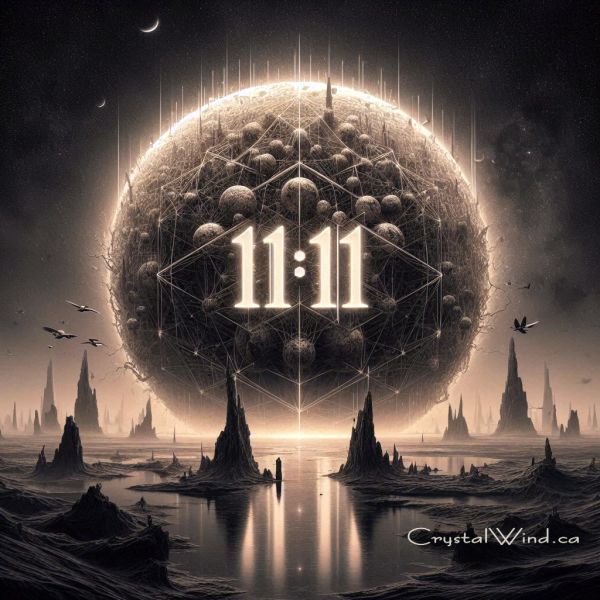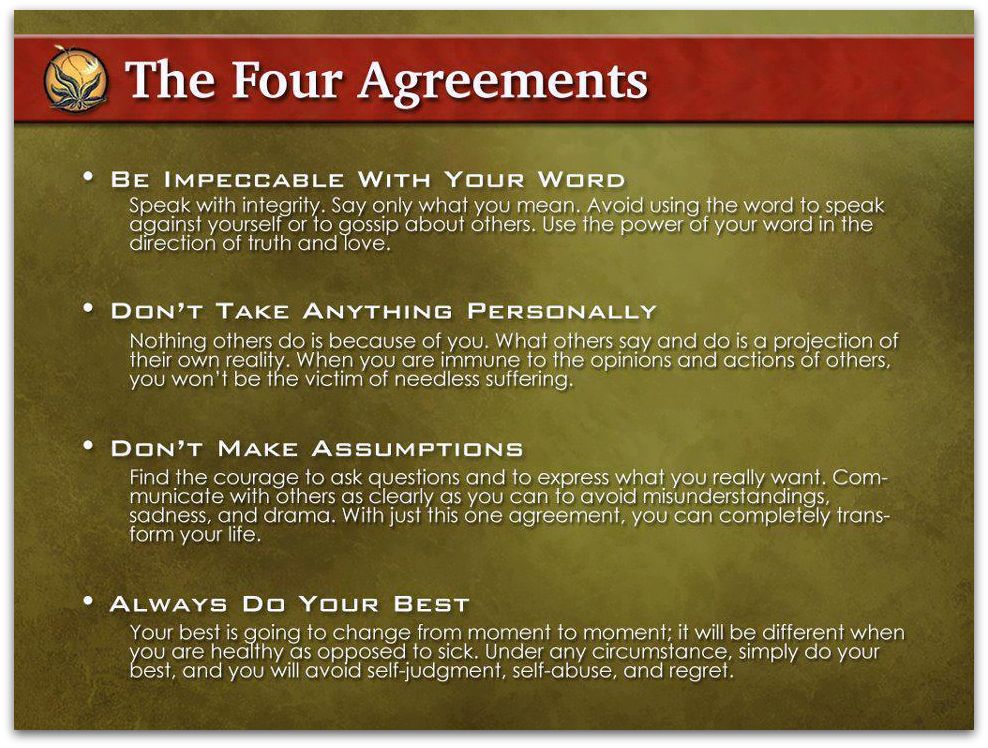Pick Your Poison: Strategies for Healing Toxic Relationships
- Details
- Written by Pepper Lewis

(Q) I relate to a wide range of people in my personal and professional life and get along with most. Over time some relationships have deepened, and others have cooled. What concerns me is a steady rise in what can only be called “toxic” people. Is there a compassionate and effective way to decrease the effects of these encounters?
(A) There is a thin line between healthy and unhealthy relationships, and an even thinner line between unhealthy and toxic relationships. Generally speaking, we are the only ones who can determine when that line is crossed; every person has unique limits and boundaries. Enough is enough only when we resolve that it is, and only when our actions support our words.
Let’s talk about friends first. Friendships should make you feel comfortable and uplifted. Good friends see, hear, and respect you. They are honest companions on their own journey of discovery. Regardless of how much you have in common, friends trust one another and value each other’s opinion. If this basic criterion is not being met, you may want to re-evaluate the benefit you are getting from the friendship. But poor social skills are not the only indication of toxicity. Calling someone toxic is strong stuff – do we really want to do that? Would we be able to wear a label that evokes as much social stigma? Life is already painful enough.
Let’s go deeper. Here are some questions to consider: Is the person toxic, or is their behavior toxic? Is it situational or permanent? Was toxicity born from trauma or drama? Can they be helped or healed? Do you have the desire and the skills to help someone emerge from their current state? Can you use this situation to further your own growth? This is not a quiz and there are no right or wrong answers.
Here are some basic descriptions of unhealthy (a softer word) relationships. A toxic person is anyone who adds a large measure of upset and negativity to your life. Unhealthy relationships require boundaries. Meetings and get-togethers invite stress and must be managed. Unhealthy people complain about unfair situations often. They retell and overplay their dramas so often that you are tired of having the same conversations over and over. They think of themselves as victims yet seem to bully their way into and out of sticky situations. Unable to deal with their own stress, toxic people dump it on others, upsetting and draining most everyone they know.
Does this sound like some of the people in your life? A few? Many? Most? Could these statements also describe you on a given day or specific subject? I’m not implying anything. I am asking a question out loud. I am asking it of myself.
Toxic people were not born toxic. Before they became toxic, they were likely sad, depressed, or insecure. They may have been ill or suffered a traumatic life-event. In our culture, curative measures often include prescriptive medications. These bring help along with a host of side-effects, which are sometimes habit-forming. Negativity can easily become a habit, so can frequent cynicism and criticism. The human brain has a natural tendency to value the importance of negative experiences over positive ones. We all have well-worn neural pathways that lead down instead of up.
How do toxic relationships make you feel? Your body and emotions don’t lie. Our feelings are often the first indicators that a friendship is no longer enjoyable. Toxic people bring us down. The negative shockwaves they emit are absorbed by us as doubt, fear, confusion, anxiety, worry, and even illness. (An hour of watching network/cable news probably has the same effect.)
What about family? People who repeatedly bring unhealthy energy to their family situation contribute to its dysfunction. Members of a dysfunctional family communicate in broken phrases and stunted feelings. They are unable to attain self-expression or closeness on a regular basis. A dysfunctional family is one in which conflict and instability are common. Many families are forced to accommodate negative behavior, but should we disown them – cut off contact entirely? Again, there is no right or wrong answer.
The best answers are found within our own being. Always. But answers don’t arrive on cue, and not with the mirror-like clarity we prefer. In the meantime, there are places within us that can temporarily shelter difficult thoughts and decisions until answers become clear. Eventually, they will. I add challenging people and situations to this temporary inner resting place often. I think of it as a spiritual hospital for wounded thoughts and feelings. My (heart) hospital includes a day spa where I can recover my sense of being, a meditation retreat where silence is golden, a memory care unit where I can choose to erase things that have been said or done to me, and a surgical facility where I can remove poisoned arrows that have penetrated my body and spirit (as well as those I have inadvertently inflicted on myself).
Tell me if you have heard this one: “If you can help heal yourself, you can help others to heal”. I believe this is true. I also believe we don’t have to heal every person who crosses our path, our purpose, or our boundaries. Compassion comes in many shapes, sizes and colors. There are several ways to handle toxic people and dysfunctional relationships. Most of them are compassionate and effective.
Toxicity affects each of us differently, so it’s important to pinpoint the traits that bother you most. An honest assessment will likely reveal one or one-hundred things! For instance, insincerity is one of mine – people who pretend to be sincere and are not (on a regular basis) strike a dissonant chord with me. Is this a toxic trait? Not necessarily. But I know someone who is always showering compliments on people they meet. This person’s insecurity spills out in gushing, but insincere compliments designed to gain a foothold or an advantage later on. Unhealthy? Probably. Toxic? Depends. We must be careful. Insincerity is my issue. They are only demonstrating what it looks like.
What is my compassionate and effective method for interacting with this person? I limit contact when possible, but don’t go out of my way to avoid them as that requires more planning and energy than I am willing to invest. I accept their compliments with a thank you and quickly move on to other subjects. I recognize my own ability to cause energy to flow in a different direction. What happens next? I watch this person use the same tools on someone else. I try not to let animosity build. I focus on the things that are within my control. I do not warn others about what I feel is this person’s unhealthy habits. The next person may be in dire need of a compliment.
Here are a few final points:
Take care of yourself. When you are at your best, others will appear to be as well. At least they won’t seem quite as offensive.
Most people are well-intentioned, but neglectful. Sometimes they are perfectly awful! They probably already know this about themselves.
Don’t try to fix others or make their problems more important than yours. Don’t obsess on their behalf. They have inner and outer resources that need to be exercised.
Advice often backfires.
Boundaries are optional but it is helpful to at least have some outer markers; indicators of an imminent breach.
Don’t assume everyone knows you as well as you know yourself. Speak gently and firmly. Make yourself heard. Let others know what you value most in a relationship and how you prefer to interact. Treat others as they want to be treated. If you are not sure, ask.
Watch your trigger topics at play in the world. They look relatively tame, but they are feral cats disguised as kittens. When triggered they will demonstrate their power over you. It’s your job to dismantle them before they damage your relationships. Is the (toxic) damage already done? Make trigger topics off-limits; non-negotiable. Take them off the table.
Usually, it’s not about you. Sometimes it is.
Some agreement is better than no agreement. If the glass is half full, it doesn’t really matter that someone else thinks it is half empty. If we can agree that the sky is blue, you are welcome to name your favorite shade.
Liked this article? Dive deeper into personal growth and wellness! Check out CrystalWind.ca for spiritual wisdom or explore AromaWorx.ca for natural well-being tips. Spread the positivity—share this with friends on their happiness journey!
Let’s Chat! Drop Your Thoughts Below! ![]()
Latest Articles
Imagine a world of inspiration and healing, free for all—made possible by YOU!
Donate Now—Ignite the Magic at CrystalWind.ca!

Epilepsy - Finding A Cure
Your donation can make a difference!
Help us find a cure – donate now!
Unlock Your Light: Join Lightworkers Worldwide on CrystalWind.ca!
Featured Articles: Awakening
-
Do you see 11:11? Open or Close

11:11 Do you see it?
For many years the numbers 11:11 have been mysteriously appearing to millions of people all over the world.
Read More- The Meaning of 11:11 Open or Close

11:11. We see this all the time, twice a day on every clock, and feel there is some deeper meaning there. Is this a message? What does this mean? Why do I see 11:11 all the time? What is this telling me? What can I do with this energy?
Read More- The Four Agreements Open or Close

"The Four Agreements" offers a profound guide to personal freedom and transformation, rooted in ancient Toltec wisdom. By breaking free from self-limiting beliefs and embracing a powerful new code of conduct, they provide practical steps for achieving true happiness, love, and inner peace.
Read More - The Meaning of 11:11 Open or Close
Follow Us!
Featured This Month
Lammas by The Hedgewitch
Although in the heat of a Mid-western summer it might be difficult to discer... Read more
Abalone Shell
Echos Of The Ancestors Abalone strengthens the structure of the body and th... Read more
Sun in Cancer
Cancer Sun Sign Characteristics Overview The name "Cancer" comes from Latin, ... Read more
Lugh - Celtic God Of The Sun
The god Lugh was worshiped in Ireland as a deity of the sun. This connection... Read more
Chalcedony
The Stone Of Orators Chalcedony was very popular as a decorative stone in ant... Read more
Egyptian Zodiac/Astrology
Egyptian astrology was one of the earliest forms of astrology. The Egyptians w... Read more
Cancer Mythology
The Mythology of Cancer: A Celestial Tale of Loyalty and Sacrifice Among th... Read more















































